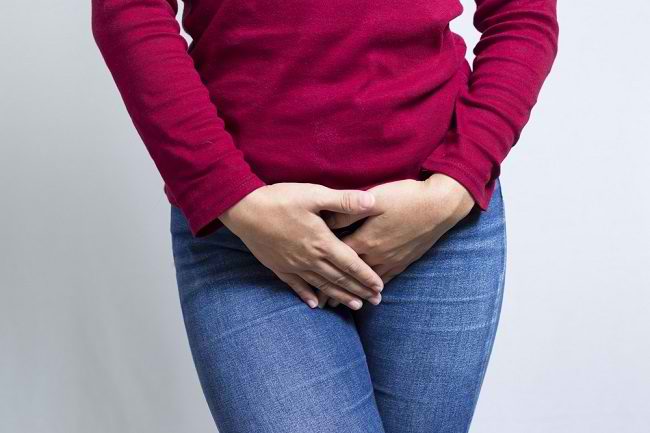Do you find it difficult to feel good or happy while doing the things you normally enjoy? If so, you may have anhedonia. Symptoms and causes vary widely. However, no need to worry. There are ways that can be done to overcome it, really.
Anhedonia is a condition when a person has difficulty enjoying life and feeling pleasure. People with anhedonia will lose interest in all things or activities that were previously considered interesting.

When experiencing anhedonia, a person will feel his life is boring, even to the point of making him feel depressed.
Anhedonia is different from ordinary boredom. Boredom usually goes away on its own, especially when doing something new or fun, whereas anhedonia generally lasts for a long time and won't go away if left untreated.
Some Types of Anhedonia and their Symptoms
Anhedonia is grouped into two categories, namely socially and physically. People with social anhedonia are usually unable to derive pleasure from social situations. They tend to feel uncomfortable spending time or socializing with other people and have difficulty adjusting to social situations.
Meanwhile, physical anhedonia is characterized by the absence of physical sensations that are generally felt before when doing favorite activities or hobbies.
For example, a person who likes to eat will feel that his favorite food tastes bland. People with anhedonia can also feel less satisfied and comfortable during sex, even though previously they had no problem reaching orgasm.
In addition, people with anhedonia tend to have a negative outlook and are less sensitive or even numb to anything, feel hopeless, become reluctant to smile, and display false emotions.
People with anhedonia can also experience some physical symptoms, such as headaches, insomnia, and lack of appetite.
Various Possible Causes of Anhedonia
The exact cause of anhedonia is not known. However, various studies show that the appearance of symptoms of anhedonia is related to changes in the activity of nerve cells in the brain and disturbances in the production of chemicals in the brain that function to produce feelings of pleasure, such as dopamine and serotonin.
Anhedonia is also often a symptom of several mental disorders, such as depression, anxiety disorders, schizophrenia, PTSD, and personality disorders. Even so, not all people with anhedonia have mental health disorders.
Apart from psychiatric problems, there are several other factors that can make a person more at risk for developing anhedonia, including:
- Have experienced a traumatic event, such as sexual or emotional abuse
- Certain diseases, such as diabetes, dementia, or Parkinson's disease
- Side effects of drugs, such as the use of illegal drugs
- Excessive alcohol consumption
Like This How To Overcome Anhedonia
Anhedonia that is left for a long time can reduce the quality of life of the sufferer. This condition can also damage relationships or intimacy between friends, family, partners, or coworkers.
Anhedonia that is not treated properly can also increase the sufferer's risk of experiencing excessive anxiety and even suicidal ideation or attempts.
In order to avoid these dangers, anhedonia must of course be addressed immediately. The first step is to check with a doctor first to determine the underlying cause of this condition. After the cause is known, then the treatment steps can be done.
Usually anhedonia can be treated with the following steps:
Administration of drugs
To treat anhedonia caused by depression, doctors may prescribe antidepressants. Meanwhile, to treat anhedonia caused by anxiety disorders, doctors can provide sedatives or anxiety relievers.
These drugs can also be used to treat other symptoms, such as insomnia or lack of sleep, which usually occur with anhedonia.
Psychotherapy
Apart from medication, anhedonia can also be treated with psychotherapy and counseling. Usually the doctor will give drugs along with psychotherapy to treat the symptoms of anhedonia.
With psychotherapy, patients will be guided to be able to think positively and find safe and appropriate ways to overcome the symptoms they feel. Through psychotherapy, doctors can also advise patients to seek support system.
To prevent anhedonia, you need to adopt a healthy lifestyle so that mental health is always maintained. Make sure to always eat a balanced nutritious diet, exercise regularly, manage stress, get enough rest, and stay positive, but avoid it toxic positivity.
Losing pleasure in something that was previously loved can be experienced by anyone and is quite natural. This might just happen when you feel bored.
However, if the anhedonia you are experiencing has been interfering with your life, especially if it is accompanied by other symptoms, such as frequent anxiety, difficulty concentrating, difficulty sleeping, or even suicidal ideation, you should not delay consulting a doctor.









